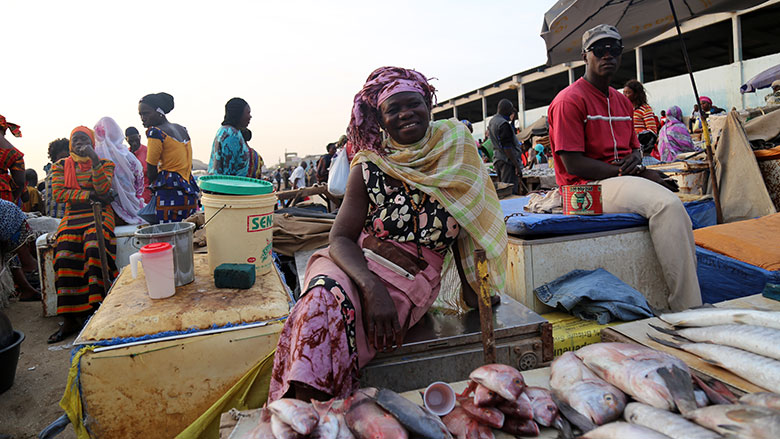Fish traders are being cautioned against engaging in the trade of immature fish due to the risks of confiscation and financial loss, according to a recent statement from Lt. Lauben Ndifula, spokesperson for the Fisheries Protection Unit (FPU). This warning comes in light of the seizure and subsequent destruction of over 10 tonnes of immature fish in the Rwenzori region since the beginning of the year. The affected districts include Kasese, Bunyangabu, and Rubirizi.
Lt. Lauben Ndifula emphasized the need for fish traders to reconsider investing in immature fish, highlighting the potential loss of capital if apprehended by authorities. The significant volume of confiscated fish within a short timeframe underscores the importance of public involvement in lake and river conservation efforts, given their substantial revenue-generating capacity for the country.
Speaking on February 17, 2024, at Kikorongo trading centre in Lake Katwe sub-county, Kasese district, Ndifula addressed concerns about the source of capital for purchasing immature fish, urging traders to refrain from this practice to avoid financial repercussions. He called upon leaders at various levels, including those at landing sites, to actively engage in community sensitization initiatives regarding the risks associated with illegal fishing activities, which include environmental degradation, financial losses, and potential legal consequences.
Festo Masereka, the fisheries officer overseeing Katwe Kabatooro and Mpondwe Lhubiriha town councils, revealed that the most recent seizure involved immature fish being transported in a super customs vehicle. He expressed concern over the persistent involvement of traders in the immature fish trade, emphasizing the importance of adhering to regulations specifying acceptable fish sizes, such as 11 to 13 centimeters for tilapia and 21 centimeters for Nile Perch.
In response to enforcement efforts, some fish dealers advocated for increased focus on preventing immature fishing activities at landing sites rather than solely intercepting fish in transit. They argued that without proactive measures at the source, traders may unknowingly purchase fish that do not meet size requirements.




















